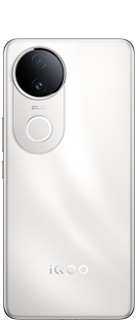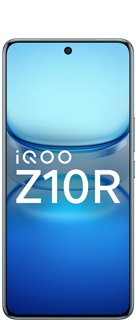The Evolution of Facebook: From 2006 to 2024

2006-2010: The Early Expansion Years
2006: Facebook opened its doors to everyone aged 13+ with a valid email address, transitioning from an exclusive college-only network to a global social media platform.
News Feed: Introduced in 2006, the News Feed became a central feature, aggregating updates from friends, groups, and pages.
2007: Facebook launched the Facebook Pages feature, allowing businesses, celebrities, and brands to create their own profiles and interact with followers.
Facebook Ads: 2007 also saw the introduction of Facebook Ads, which transformed it into a major advertising platform.
2010-2015: Dominance and Innovation
2011: Facebook Messenger was introduced as a standalone app, making messaging a key feature of the platform.
2012: Facebook went public with one of the largest IPOs in history and acquired Instagram for $1 billion, expanding its social media ecosystem.
Timeline: Introduced in 2011, the Timeline feature revamped user profiles, turning them into visual histories.
2014: Facebook purchased WhatsApp for $19 billion, integrating it into its growing suite of services.
Video and Live Streaming: Facebook started focusing on video content, launching Facebook Live in 2015 to compete with platforms like YouTube and Periscope.
2016-2019: Content Diversification and Privacy Challenges
2016: Facebook introduced 360-degree photos and videos, aiming to enhance immersive content experiences. Additionally, the platform rolled out Facebook Stories in 2017 to compete with Snapchat's growing popularity.
Fake News and Cambridge Analytica Scandal: In 2018, Facebook faced major backlash due to the Cambridge Analytica data privacy scandal, raising concerns about user privacy and the platform’s role in spreading misinformation.
Marketplace & Groups: Facebook launched Marketplace in 2016 to rival Craigslist and eBay. Groups also became more prominent as communities formed around niche interests.
2020-2022: Rebranding and the Metaverse
2020: The COVID-19 pandemic saw Facebook usage surge as people sought connection online, with Messenger Rooms introduced to rival Zoom and other video-calling services.
2021: Facebook's rebranding to Meta signified its ambition to shift beyond social media and focus on building the metaverse, an expansive virtual reality ecosystem. The Facebook platform itself retained its name but became one part of the broader Meta brand.
Virtual Reality: Meta’s acquisition of Oculus laid the groundwork for its metaverse vision, with VR experiences becoming an integral focus.
2023-2024: The Metaverse and AI Integration
2023: Facebook continued to invest in the metaverse, working on VR and AR products to make digital interaction more immersive. AI became increasingly integrated into Facebook’s algorithms, from content curation to advertising and user interaction.
Rebuilding Trust: Privacy improvements and transparency measures were introduced, partly due to regulations and user demand.
2024: Facebook continues to be a key part of Meta’s ecosystem, serving as the bridge between traditional social media and the new virtual world, offering a mix of social networking, commerce, entertainment, and virtual experiences, while still focusing on its original goal of connecting people globally.
Throughout its evolution, Facebook transformed from a college project to a cornerstone of the internet, influencing the way people communicate, businesses advertise, and communities form online.
Quester: @Ashu._.pandit__
Please sign in
Login and share






















